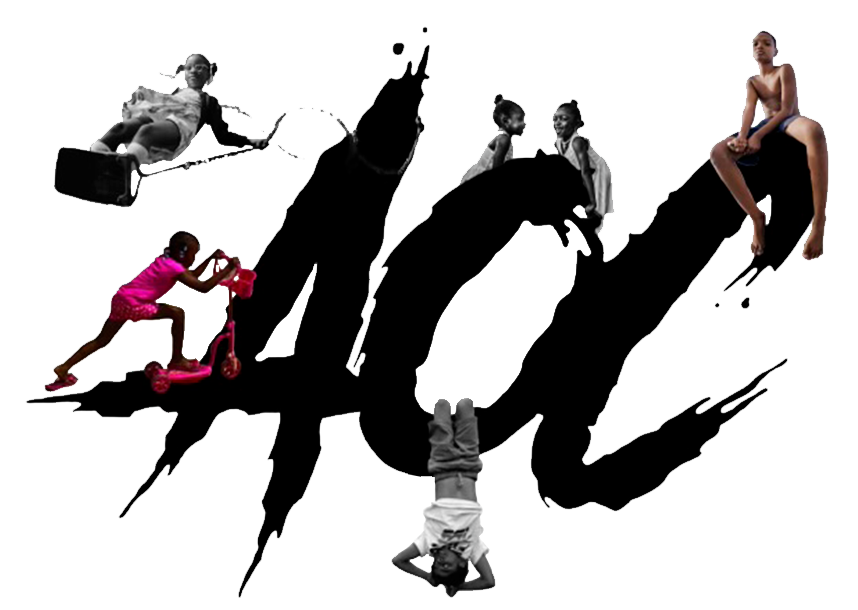Childhood trauma can have a lasting impact on a person’s life and development, especially if it involves disruptions in attachment relationships. Trust based relational intervention (TBRI) is a holistic, trauma-informed approach that takes into account the unique needs of children who have experienced disruptions in attachment relationships.
Trust based relational intervention focuses on creating a safe and secure environment where children can feel:
- Seen
- Heard
- Valued
One of the key elements of trust based relational intervention (TBRI) is promoting emotional regulation in children. This involves helping them identify their emotions, understand what triggers them, and learn how to manage their responses. This is accomplished through a variety of techniques, including deep breathing exercises, mindfulness activities, and sensory experiences.
These experiences help children develop a sense of comfort and security, which is essential for healing from past traumas and building healthy relationships.
Therapists are needed for TBRI (Trust-Based Relational Intervention) because they have the training and expertise to provide effective treatment for children who have experienced disruptions in attachment relationships.
AOC therapists are trained to use this technique. If you’re considering trust based relational intervention for your child, contact us today.
What is Trust-Based Relationship Intervention (TBRI)?
TBRI is a therapeutic model designed to support children who have experienced trauma, abuse, neglect, or early attachment disruptions. It was developed by Dr. Karyn Purvis and Dr. David Cross at the TCU Institute of Child Development. TBRI focuses on building trust between caregivers and children, helping children feel safe, seen, and connected in order to promote healing and appropriate behavior.
What are the three principles of TBRI?
TBRI is built on three core principles:
-
Connecting – Fosters healthy relationships and emotional attachment through empathy, eye contact, touch (when appropriate), and emotional presence.
-
Empowering – Addresses a child’s physical and environmental needs (like nutrition, hydration, sleep, and routine) to create felt safety.
-
Correcting – Guides children toward appropriate behavior through gentle teaching and consistent boundaries, using strategies that respect the child’s trauma history.
What is Trust-Based Relational Theory?
Trust-Based Relational Theory is the foundational concept behind TBRI. It emphasizes that trust, built through secure relationships, is central to a child’s emotional regulation, behavior, and development. This theory posits that when children trust their caregivers, they are more receptive to correction, learning, and healing.
What is an example of TBRI?
Example: A foster parent notices their child becoming dysregulated after school each day. Instead of punishing the behavior, they offer a snack (Empowering), sit quietly next to the child and ask open-ended questions about their day (Connecting), and later remind the child of expectations using gentle redirection and praise for small improvements (Correcting).
Start Mental Health Services in Houston, Texas
Reach out
Phone Number: 1-855-AOC-6100
24 Hours Crisis Line: 832-934-7770
Hours: Monday-Friday 9-5PM
Location: Houston & San Antonio areas
Houston Email: admin@aocoutreachservices.com
San Antonio Email: admin.sa@aocoutreachservices.com
Insurance Accepted
Medicaid: Texas Children Health Plan, Superior Health Plan, Molina Healthcare, United Healthcare
Private: Aetna, Blue Cross Blue Shield, & Cigna
Offices
Houston Office: 6671 Southwest Freeway, Suite 675, Houston, Texas, 77074
San Antonio Mailing Address: 45 Northeast Loop 410 Suite 207, San Antonio, Texas 78216
Follow Us
learn more
Start Services


